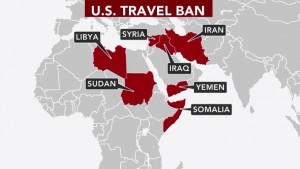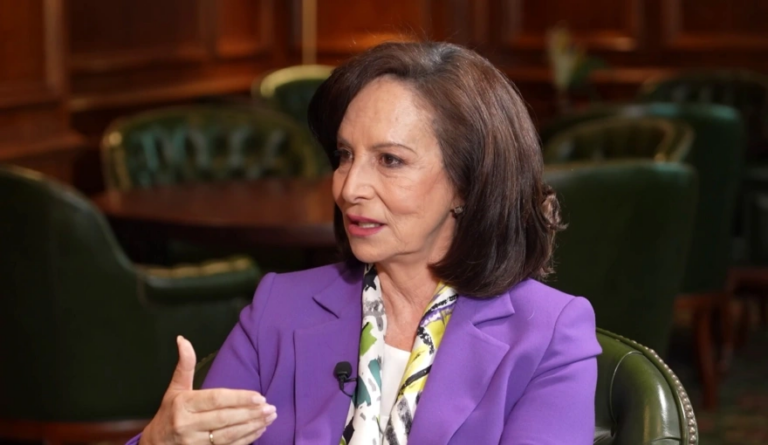Six in 10 American voters support the new ban on people from six predominantly Muslim countries from entering the United States unless they can show they have a close relative here, according to opinion poll results released on Wednesday.
The Politico-Morning Consult poll found 37 percent of voters said they “strongly supported” the new U.S. State Department guidelines that would deny visas to citizens of Iran, Libya, Syria, Somalia, Sudan and Yemen who do not have close relatives in the United States. Another 23 percent of voters said they “somewhat support” the guidelines.
The poll was conducted online on Thursday and Friday following a U.S. Supreme Court ruling that partly upheld the ban, with 1,989 registered voters taking part. The poll results’ margin of error was 2 percentage points, meaning results could vary that much either way. (Link to the poll: politi.co/2uJLfoO)
The survey asked respondents whether they support or oppose the State Department’s new guidelines, “which say visa applicants from six predominately Muslim countries must prove a close family relationship with a U.S. resident in order to enter the country.” It did not mention U.S. President Donald Trump, nor the president’s executive orders on immigration.
The Supreme Court ruled on June 26 that the temporary travel ban could proceed so long as visa applicants with a “bona fide relationship” with a person or entity in the United States were exempted.
A year before his election, Trump promised voters he would seek a temporary “total and complete shutdown” of Muslims entering the United States. Trump said it was necessary to prevent attacks by Islamist militants, while critics said it was a needlessly discriminatory policy that could inflame prejudice against Muslims in the United States and abroad.
The partial ban, which took effect on Thursday, was most strongly supported by Trump’s fellow Republicans, 83 percent of whom approved. Even among Democratic voters, only 46 percent said they were opposed.
Forty-one percent of Democrats said they support it, and the remaining 13 percent said they “don’t know.”
The Supreme Court allowed the ban, which bars people from the designated six countries for 90 days and refugees from any country for 120 days, to take effect until it can take up the case during its next term starting in October.
Ask me anything
Explore related questions





